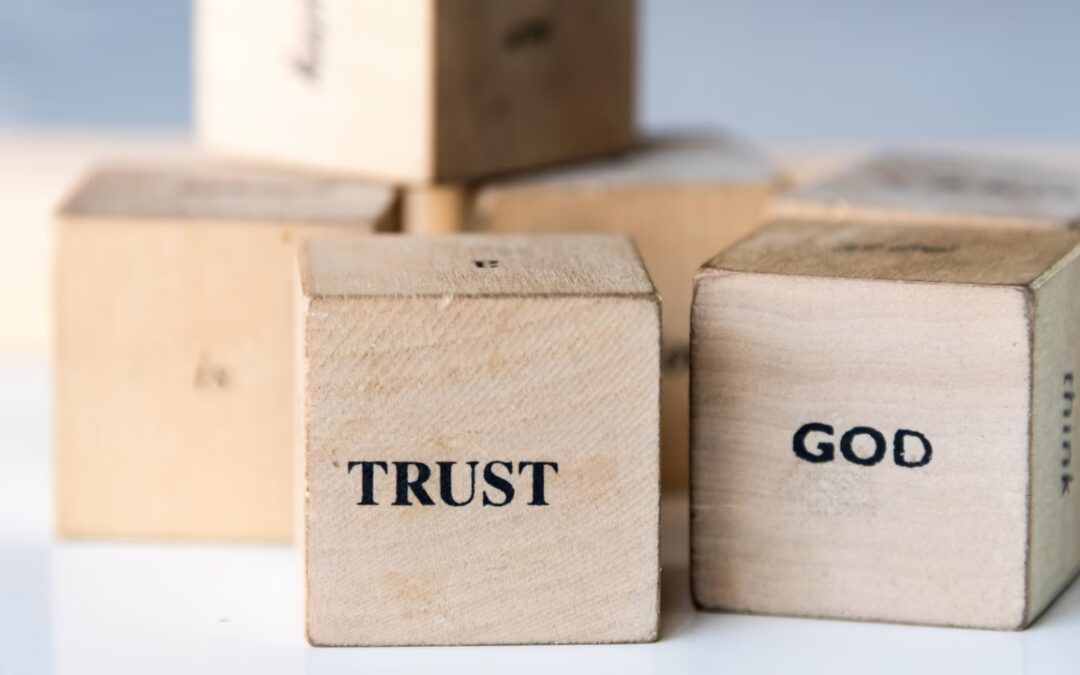When your kids interrupt a conversation, you teach them about patience and manners. Culture, on the other hand, displays little restraint in disrupting our norms. I lead a group of Master’s students annually through historical disruptions and how culture is changed forever as a result. A disruption or disruptor seemingly overnight changes habits and makes previous items of value nearly useless. The classic example is the invention of the iPhone. Can you count how many devices the iPhone replaced? Other notable disruptors include Redbox, Netflix, and Uber. From history, we discover the power of events that shape how we think and act today, events such as The Protestant Reformation, Gutenberg Press, Internet, 9/11, and yes, for sure, the recent coronavirus.
Each of these events, almost overnight, changed people, policies, and practices. Although you may dislike and avoid such changes, try arguing with the store clerk with a straight face on the merits of 35 mm film or how much you love rewinding your VHS tapes before driving back to Blockbuster to pay your late fees. Try as you may to avoid it, some disruption sweeps through, and you must find ways to keep sound principles alive even when methods change.
I recently heard leaders say something like this: a crisis is an accelerant that speeds up negative trends or exposes structural cracks. Pastors, we have all experienced accelerating trends exposing the cracks in our congregations. You can’t control people’s behavior, but you can help them think differently about how to respond. Netflix changed how people view videos and television. It’s important to remember that disruption changes habits not the actual practice. People still watch movies, but they access content differently. What does that mean to our changing church landscape?
You may not like the changes occurring now, and we would all agree the pandemic is a disruptor. If a large number of parents feel apprehensive about sending their kids back to school and opt for homeschooling or remote learning, those same decisions affect the church’s ability to disciple families. Providing the Sunday adult worship service online is not enough for the family’s other generations. Zoom LifeGroups peaked the first four weeks and fell off as fatigue and frustration set in.
Which do you want to be: Netflix or Blockbuster? Before answering, let me remind you that no Blockbuster Stores exist in your hometown. The command to make disciples of all ages remains in effect even during a pandemic. So how do you adopt a Netflix approach to discipleship?
1) The pandemic has caused many not to venture out to church for their discipleship and worship experience. For many years, we have emphasized the building isn’t the church, people are the church.
2) The family is the original small group—equip them to disciple within the safety and community of their homes. D6 At-Home Bundles provide everyday discipleship, a lesson mom or dad can teach to their family. In education, especially higher education, the best way to learn is by teaching. At-Home Bundles make it fun and easy to disciple the family at any age.
3) Encourage and check in on families by modeling this with your own family. Every age will be reading daily devotional books—part of the D6 At-Home Bundle—learning together at the same pace. Conversations flow from individual reading, making the weekly lesson taught by dad or mom an interactive experience. No more Zoom meetings just for adults! Did you know Blockbuster had a chance to buy Netflix? Are you aware that Walmart chose not to compete with Amazon early on and assumed the people wanted to shop in-store? No one wants to be the CEO of Blockbuster, Kodak, or similar organization that stared a disruptive opportunity in the face only to let it slide by because habits mattered more than principles. It’s time to accelerate your discipleship experience with D6 At-Home Bundles. Bundles include an age-appropriate devotional magazine for daily use and one teaching guide to teach a weekly Bible lesson. We recommend the family select a teaching guide closer to the age of the youngest or two youngest kids. Have fun with the materials as you engage the whole family in your new small-group experience. See what can erupt from this current disruption. Your families will never be the same!





